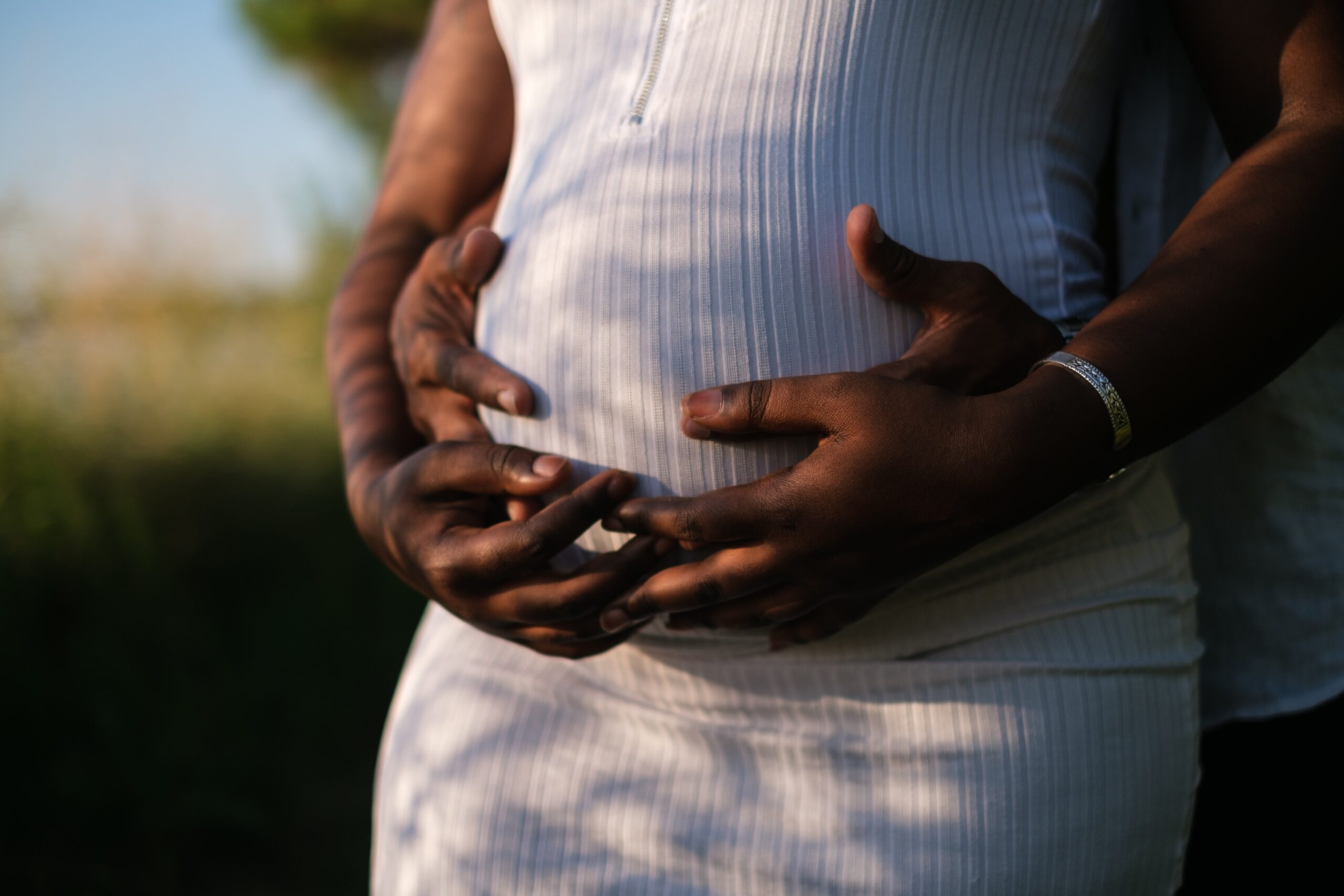It’s no surprise that braids hold a special place for Black women.
Braids are convenient, versatile, and, most importantly, protective when it becomes too laborious to figure out another hairstyle. The style possibilities are limitless while wearing braids and creativity is at the core of each look.
In addition to their convenience, braids add another layer of comfort that makes them the go-to style.
Despite being the designated hairstyle during the summertime, braids also hold significance for expecting Black mothers and those postpartum.
How Do Braids Ease Expecting Mothers?
Before a newborn’s arrival, there is a never-ending to-do list of tasks that parents must complete. With all those responsibilities on their plates, it’s easy for expectant mothers to abandon self-care. The focus often shifts to making sure baby’s needs will be met once they arrive. Between finalizing the nursery and finishing any last-minute household chores, keeping up with a hair routine is the last thing on an expectant mother’s mind.
Braids, however, remove the additional effort of hair maintenance and allow soon-to-be mothers to focus on preparing their home for a baby. The protective style gives parents the space to prioritize and solely focus on getting ready for the expansion of their family.
How Do Braids Support Mothers Postpartum?
During pregnancy and after birth, a mother’s body experiences several changes. In addition to looking different, the body also feels different. Like anything else, change can be uncomfortable and not always satisfying. New mothers may experience a period of negative body, which also can play a role in postpartum depression.
Hair depression is an additional experience for Black mothers as well. Hair depression affects many Black women by causing low self- esteem, depression and anxiety when their hair is not done. Braids help to combat the phenomenon by allowing their hair to look presentable while caring for their child.
